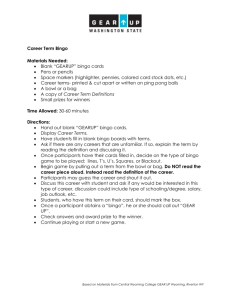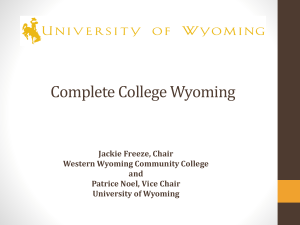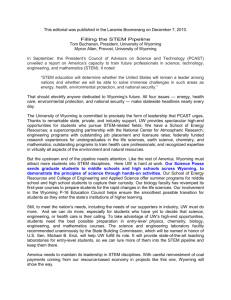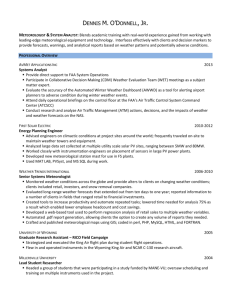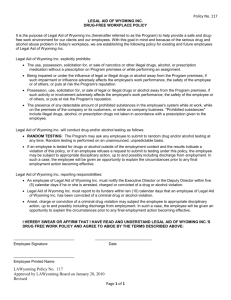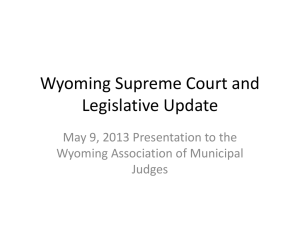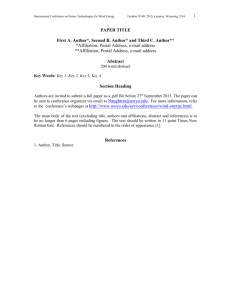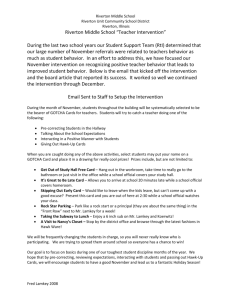Bingo College Tools
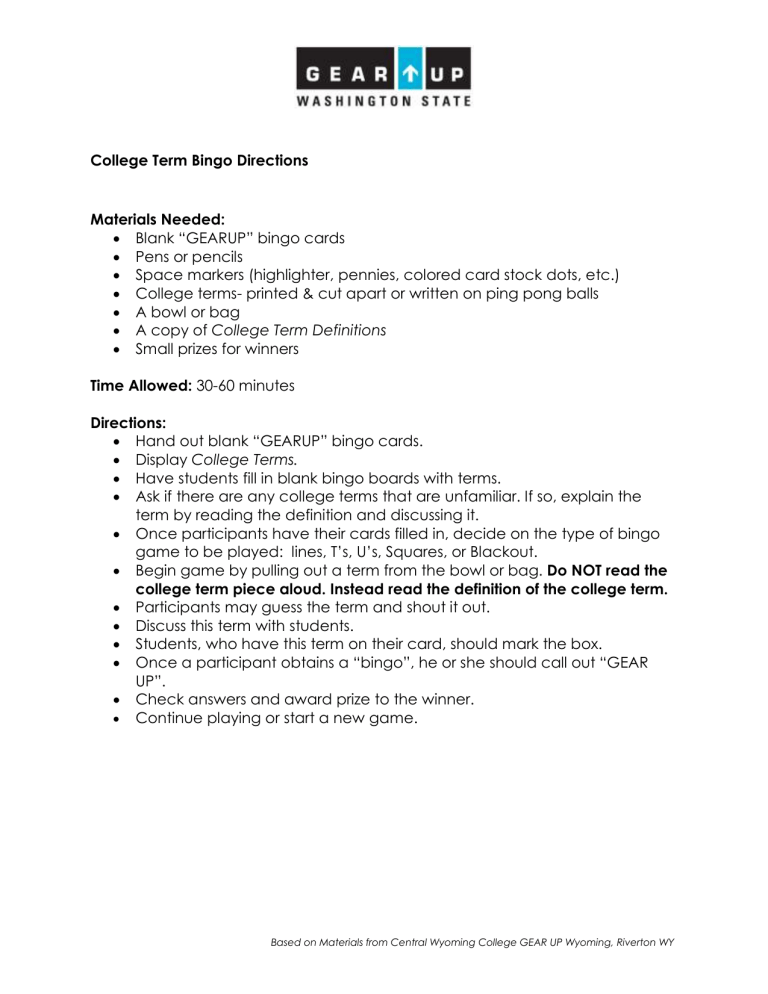
College Term Bingo Directions
Materials Needed:
Blank “GEARUP” bingo cards
Pens or pencils
Space markers (highlighter, pennies, colored card stock dots, etc.)
College terms- printed & cut apart or written on ping pong balls
A bowl or bag
A copy of College Term Definitions
Small prizes for winners
Time Allowed: 30-60 minutes
Directions:
Hand out blank “GEARUP” bingo cards.
Display College Terms.
Have students fill in blank bingo boards with terms.
Ask if there are any college terms that are unfamiliar. If so, explain the term by reading the definition and discussing it.
Once participants have their cards filled in, decide on the type of bingo game to be played: lines, T’s, U’s, Squares, or Blackout.
Begin game by pulling out a term from the bowl or bag. Do NOT read the
college term piece aloud. Instead read the definition of the college term.
Participants may guess the term and shout it out.
Discuss this term with students.
Students, who have this term on their card, should mark the box.
Once a participant obtains a “bingo”, he or she should call out “GEAR
UP”.
Check answers and award prize to the winner.
Continue playing or start a new game.
Based on Materials from Central Wyoming College GEAR UP Wyoming, Riverton WY
Sample College Term Bingo*
*Feel free to add Washington-specific trivia and other terms as desired.
ACT/SAT
ADJUNCT
PROFESSOR
ADVISOR ALUMNI APPLICATION
CAMPUS AUDIT ASSOCIATE’S
CERTIFICATE COMMENCEMENT
BACHELOR’S BOARD OF TRUSTEES
COMMUNITY
COLLEGE
DEAN DIPLOMA
DORMS
GRADE POINT
AVERAGE
MAJOR
FAFSA
GRANT
MASTER’S
FEES
JUNIOR
MINOR
FINANCIAL AID FRESHMAN
ONE
QUARTERS
SCHOLARSHIP
STUDENT
UNION
UNIVERSITY
PERSONAL ESSAY
REGISTER
SEMESTERS
TRANSCRIPT
VOC/TRADE
SCHOOL
PhD
RESIDENCE
HALLS
SENIOR
TUITION
WORK STUDY
LECTURES
NCAA
LOAN
OFFICE
HOURS
PREREQUISITE PROFESSOR
RESIDENT
ADVISOR/ASSISTANT
SIXTY-SEVEN
PERCENT
ROOM AND
BOARD
SOPHOMORE
TUTOR TWELVE
Based on Materials from Central Wyoming College GEAR UP Wyoming, Riverton WY
Sample College Term Bingo Definitions
ACT/SAT: A college entrance test that determines college readiness.
Adjunct Professor: A professor who is usually part-time or not on campus with a long-term contract (and, consequently, not eligible for tenure).
Advisor: Faculty assigned to assist and advise students on academic matters.
Alumni: Male graduates or both male and female graduates.
Application: A written request admission to a college.
Audit: Attendance in a classroom without registration for credit.
Associate’s: An undergraduate degree usually two years in length.
Bachelor’s: An academic degree usually earned in four years.
Board of Trustees: Governing body of the college.
Campus: Location of the college.
Certificate: This is awarded upon completion of courses in a concentrated skill area of study. (Primarily occupational in nature.)
Commencement: Usually another name for graduation.
Community College: A type of higher educational institution, usually small in size.
Dean: A Dean is someone traditionally in charge of a major area of a college.
For example, there may be a Dean of Students, a Dean of the Faculty, and a
Dean of Arts & Sciences.
Diploma: A certificate awarded by an educational institution for completion of required courses or for a specific degree.
Dorms: A housing option on a college campus.
FAFSA: Free Application for Federal Student Aid; A federal form that determines financial aid for college classes.
Based on Materials from Central Wyoming College GEAR UP Wyoming, Riverton WY
Fees: Additional costs associated with taking college courses. (Activity,
Technology, Course, Specialized, etc.)
Financial aid: Anything related to the way you are paying for school. Loans, scholarships, grants, work awards, and any other resource you use are all considered part of your financial aid.
Freshmen: First year of college.
GPA: Grade Point Average
Grant: “Free” money given to attend college. Normally one must meet certain qualifications financially to receive a grant.
Junior: Third year of college.
Lectures: An oral presentation intended to teach or inform someone of specific information.
Loan: Borrowed money used to pay for college courses which must be paid back.
Major: A subject or field of study chosen by a college student.
Master’s: A type of graduate degree normally consisting of six years of college.
Minor: A secondary course of study in college.
NCAA: Governing body for collegiate athletics
Office Hours: Professors are usually required to hold office hours on a regular basis throughout the semester, which is when students are able to drop in or make an appointment to meet with them. Often, if you can't make it to a professor's office hours, you can work with them to schedule a different time that works for both of you. If you can take advantage of office hours, you should! It can be a great opportunity to get feedback on your papers or other assignments, and a great chance to get to know your professors a little bit better.
Personal Essay: An essay written about oneself normally includes background information as well as personal goals.
Based on Materials from Central Wyoming College GEAR UP Wyoming, Riverton WY
PhD: Also referred to as a Doctorate Degree. Normally consists of eight or more years of college.
Prerequisite: Some thing required as a prior condition for something else to happen. (A lower level class must be taken to take higher level class….example:
Biology 1 before Biology 2)
Professor: Most students come from high schools where their teachers were called . . . teachers. In college, most of your "teachers" are called professors. This indicates that you are 1) in a college environment, and, more often than not, 2) being taught by someone with a PhD. Drop the "teacher" reference the moment you start unpacking!
Quarters: Some colleges divide the school year into 4 equal parts instead of semesters.
Register: To sign up for specific college courses for a specific college term.
Residence Halls: Another name for college dorms/dormitories.
Resident Advisor/Assistant: These are most often fellow students who have been hired to "work" in the residence halls to help build community, provide resources, and handle emergencies. Most schools require RAs to be upperclassmen.
Room and Board: The cost of having a place to sleep (room) and food to eat
(board) while at school. If you choose to live on-campus, this is usually a preset fee. If you choose to live off-campus, this may be an estimate. This may also change a bit, depending on which meal plan you select .
Scholarship: Money being given to you for your studies. You usually do not need to pay scholarship monies back. Scholarships can come from your school, an organization, or a contest.
Semesters: A college year divided into the following: fall, spring, and summer terms.
Senior: Final or fourth year of college.
Sixty-Seven Percent: Completion rate of the cumulative/attempted credit hours to maintain financial aid.
Sophomore: Second year of college.
Based on Materials from Central Wyoming College GEAR UP Wyoming, Riverton WY
Student Union: A location on a college campus where students go for recreation, socialization, or governmental student activities.
Transcript: An official report given by a college/school which contains official records of an individual student. It will list time attended, subjects studied, grades received, and special awards/recognition.
Tuition: The cost of your classes. Some schools charge tuition based on how many units you are taking, while others charge a base rate per semester as long as you stay within a certain range of units.
Tutor: A person with exceptional knowledge of a certain subject whom one can go to for extra help.
Twelve: The number of college level credits one must take to be considered a full-time student.
University: An institution of learning of the highest level which is authorized to award both undergraduate and graduate degrees.
Vocational/Trade School: A secondary school teaching a skilled trade.
Work Study: This is basically a "job" that you will have as part of your financial aid package. (Note, however, that you still need to go out and find a job yourself; this just provides funding for it.) Most students work on campus but some work study jobs can be set up off-campus. You are usually not allowed to make more money in your work study job than has been allocated in your financial aid package.
Based on Materials from Central Wyoming College GEAR UP Wyoming, Riverton WY
